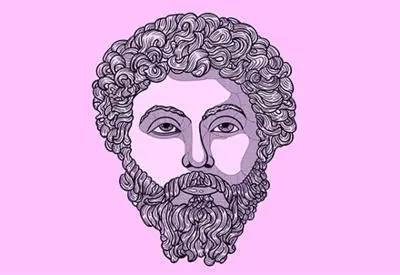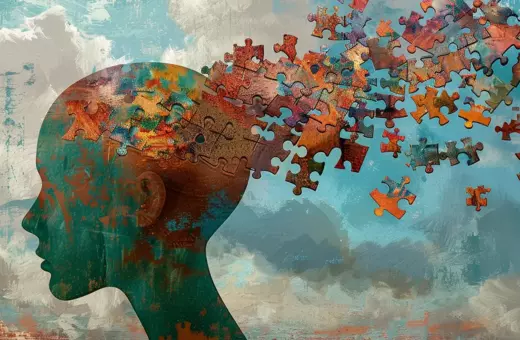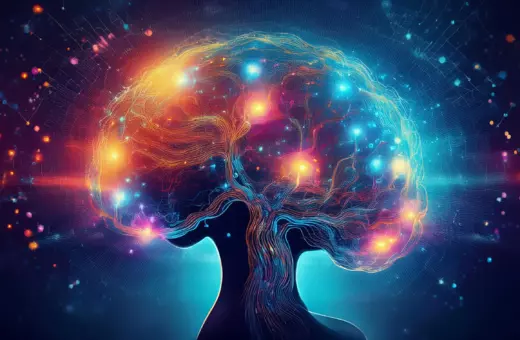Within Western thought, cognition and emotion have traditionally been conceived as adversaries. Thomas Dixon debunks this reason/feeling dichotomy and its historical connection with patriarchal ideas.
“Your emotions are valid”. So runs a popular slogan, often seen in mental-health memes and social media posts. I am never entirely sure what “valid” means in this context, but the word usually implies that something is reasonable, cogent, based in reality, or ethically valuable. Does that really apply to my emotions? All of them? And yours too? And the hateful emotions of racists, and misogynists? And the irrational terrors of painfully deluded conspiracy theorists? Surely not.
Of course, most people’s views about human emotions are more nuanced than just saying they are all “valid”. And the intention behind the slogan - helping people to accept their feelings rather than demonising or pathologising them - is a wholesome one. Nonetheless, in a world where social media and identity politics seem to be creating a new age of polarised emotionalism, it is worth pausing to think again about the relationship between thinking and feeling, reason and emotion.
___
We are too emotionally intelligent today to make what the neuroscientist Antonio Damasio dubbed “Descartes’s error”
___
We all know the difference, in our own lives and experience, between making a decision in the heat of the moment - in the grip of a powerful emotion such as rage, hatred, desire, or despair - and making a choice based on calm, detached reflection. That is a real distinction. Yet, we are probably also aware that psychology and cognitive science have demonstrated the deep connections between reason and emotion, between cognitive and affective processing, and between bodily sensations and intellectual thought. We are too emotionally intelligent today to make what the neuroscientist Antonio Damasio dubbed “Descartes’s error” (leaving aside for now the question of whether this phrase was fair to the French philosopher).
So how can we square this conceptual circle, keeping a sense of the contrast between overheated and calm decision-making, while rejecting a simple dichotomy between reason and emotions? A look back at the history of ideas about feelings can help us with this question.
 SUGGESTED READING
Marcus Aurelius – the Unemotional Stoic?
By Massimo Pigliucci
SUGGESTED READING
Marcus Aurelius – the Unemotional Stoic?
By Massimo Pigliucci
One reason that the relationship between reason and emotion has been controversial is its historical connection with patriarchal ideas. Writers and philosophers historically made distinctions between thinking and feeling, the head and the heart, reason and the passions, intellect and emotion, often associating men more with the former and women with the latter. In the early 1980s, the Black feminist writer Audre Lorde commented that men were still being taught that their domain was understanding and knowledge, while they should “keep women around to do their feeling for them, like ants do aphids.” For Lorde, this segregation of thought and feeling was harmful both for women, who were thereby excluded from knowledge, understanding, and respect, and also for men, whose repressed feelings lead to pain, hostility, and violence.





















Join the conversation